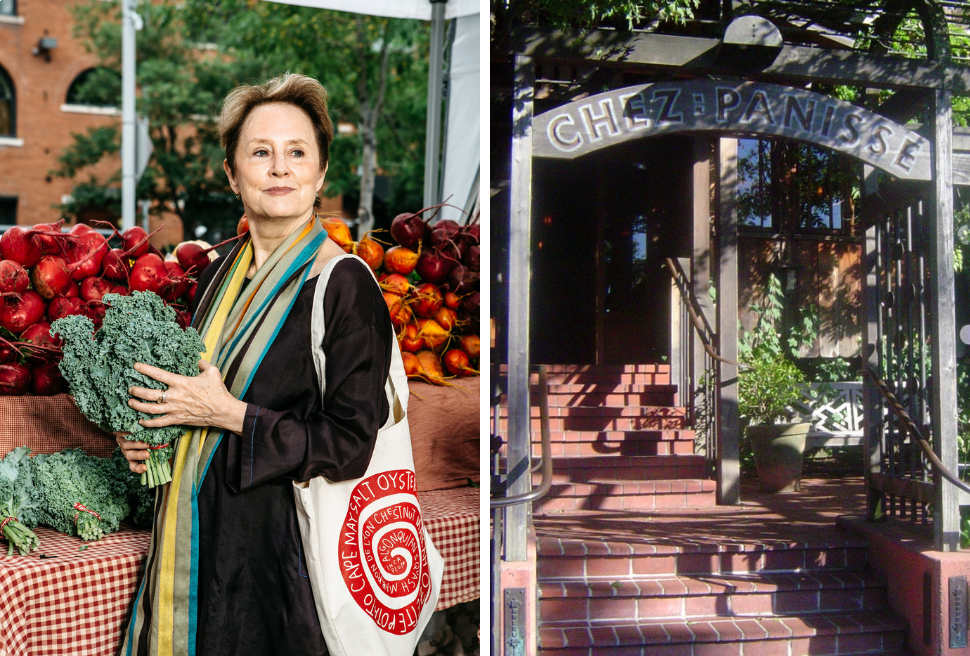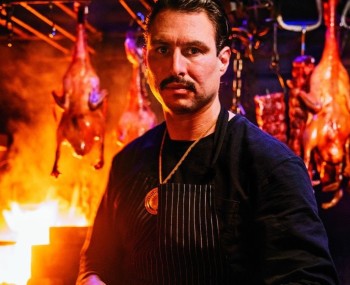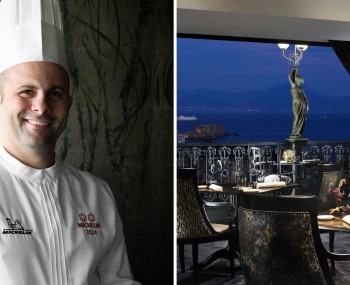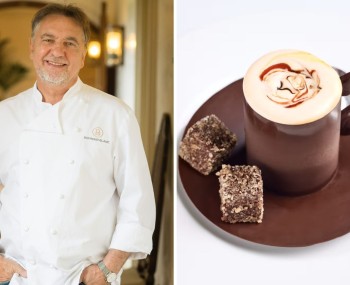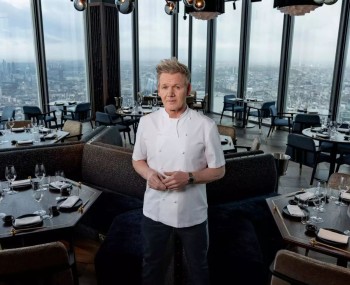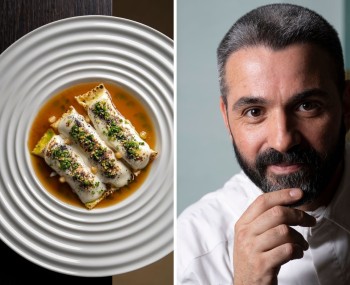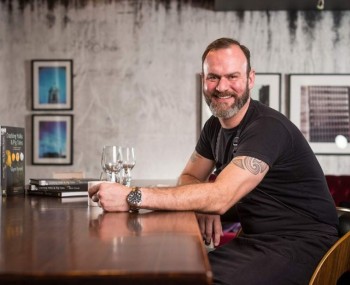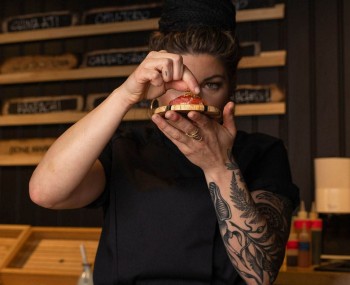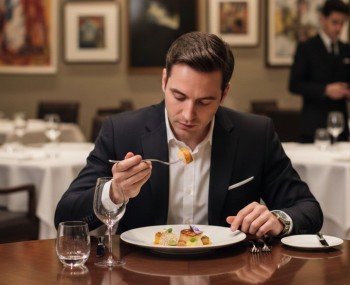From farm to table to regenerative cooking: For the past 50 years, Alice Waters hasn’t stopped her food revolution.
The story
It was in 1971 when Alice Waters, who can be considered the Thomas Jefferson of American cuisine, opened Chez Panisse. Her restaurant, still today, is the mecca of Californian cuisine. The young Alice had just graduated in French Cultural Studies when she spent some time in France. "There I found my inspiration: as soon as I returned from the trip, I wanted to eat and live like the French. I longed to shop at farmers' markets. I wanted that food. So, when I returned to California, I started searching for those products and trying everything. It wasn't easy to find what I was looking for, the culture was all about fast food, so I thought: 'Maybe if I open a little restaurant with my friends, I could eat what I desire.' That's how Chez Panisse was born in Berkeley."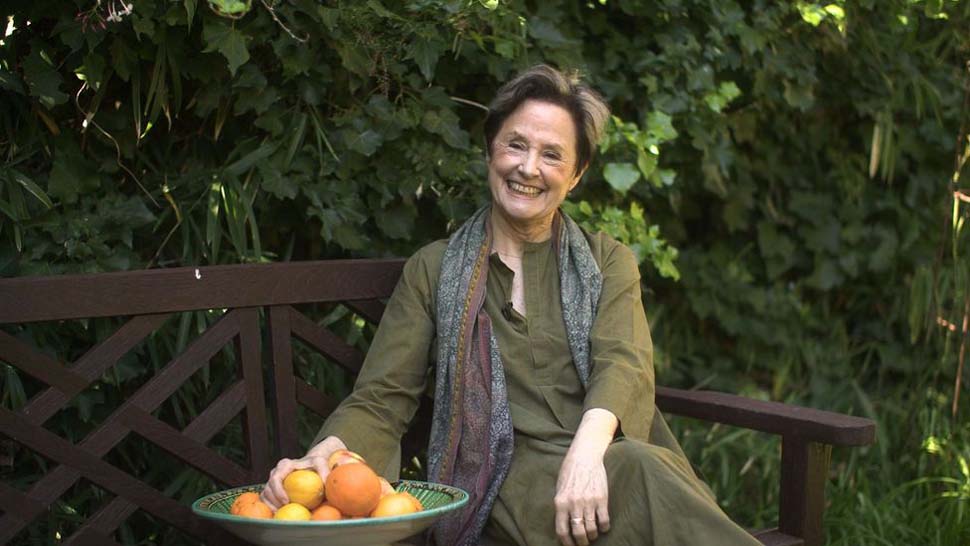 @Ilya Shnitser-BBC World´s Table
@Ilya Shnitser-BBC World´s Table
In the early years, in addition to the restaurant’s low profitability, Waters' biggest challenge was sourcing fresh, quality ingredients. Alice overcame this hurdle by creating her own network of local farmers, artisans, and producers. Chez Panisse thus quickly went from being a "simple" restaurant to becoming the starting point of the Farm to Table movement, revolutionizing American cuisine, which up to that moment, was tied to big food corporations.

Alice Waters achieved a real revolution. The daily menu was the first to list the names of local farms from which she sourced the ingredients. An aspect that was very important to her. "I wanted people to know where their food came from and wanted to celebrate the farmers who grew the ingredients I put in my dishes, inspiring other chefs to do the same." Alice Waters can be considered a pioneering figure in the global gastronomy scene, anticipating fifty years ago, current themes such as sustainable food systems. Her cooking and beliefs go far beyond the concept of sustainability (which fundamentally maintains the status quo without causing further damage to the environment) to regenerative cuisine, where the approach to the ingredient occurs through practices that make the soil better than before, increase biodiversity, and improve local ecosystems.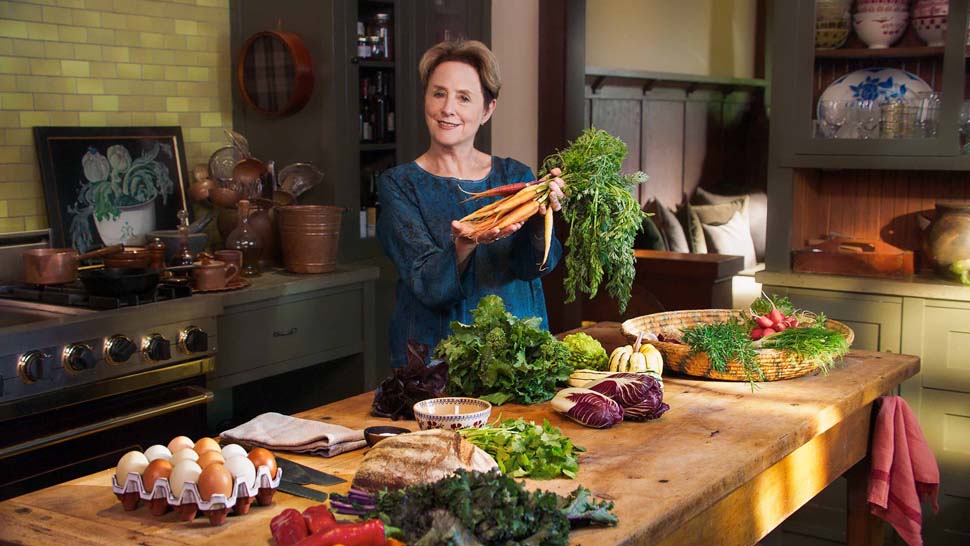 @masterclass
@masterclass
"We need to leave junk food behind and never go back to the world of fast food. We must put nature first. I fear for the planet. We need a drastic change. We can all make a difference by buying and eating local ingredients. This food must be available to everyone, starting with children and the school system." Education is another theme dear to Waters, who has become a spokesperson for what she loves to call "edible education." Food, according to Alice, is a way of life, not just something to eat. In 1995, she founded the Edible Schoolyard project. A program inspired by the Montessori method, it seeks to transform traditional education through organic horticulture, to teach both academic subjects and the values of nutrition, management, and community. The learning experience is dynamic and joyful. "She's a woman who passionately believes in education and the power it has to change the world. What she has done is combine food, community, and education, blending them into this incredible concept," says Angela McKee-Brown, former executive director of Edible Schoolyard.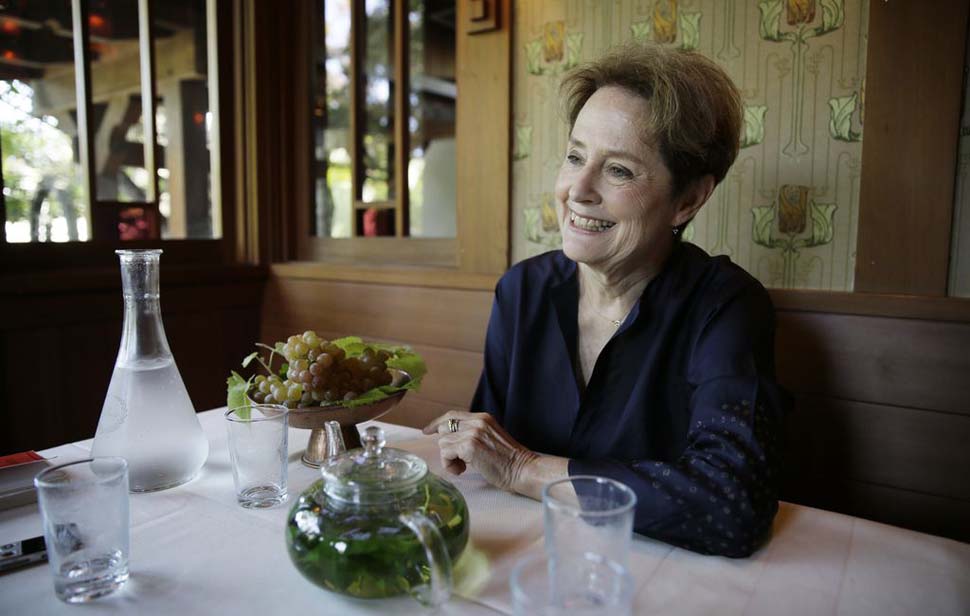
Eager to do more, Alice founded the Alice Waters Institute for Edible Education in 2020, managed by the University of California: a training center for educators and a leading research center for regenerative agriculture, climate change, and public health. Her influence in the organic food and nutrition field has inspired many chefs. Her work also set the ground for Michelle Obama's organic garden program. "Alice has changed the way millions of people eat. I think her ambitions really relate to changing the way we produce and buy food," said Annie Philbin, director of the Hammer Museum.
Source: bbc.com
Find the article here
Cover Photo: @NYT
